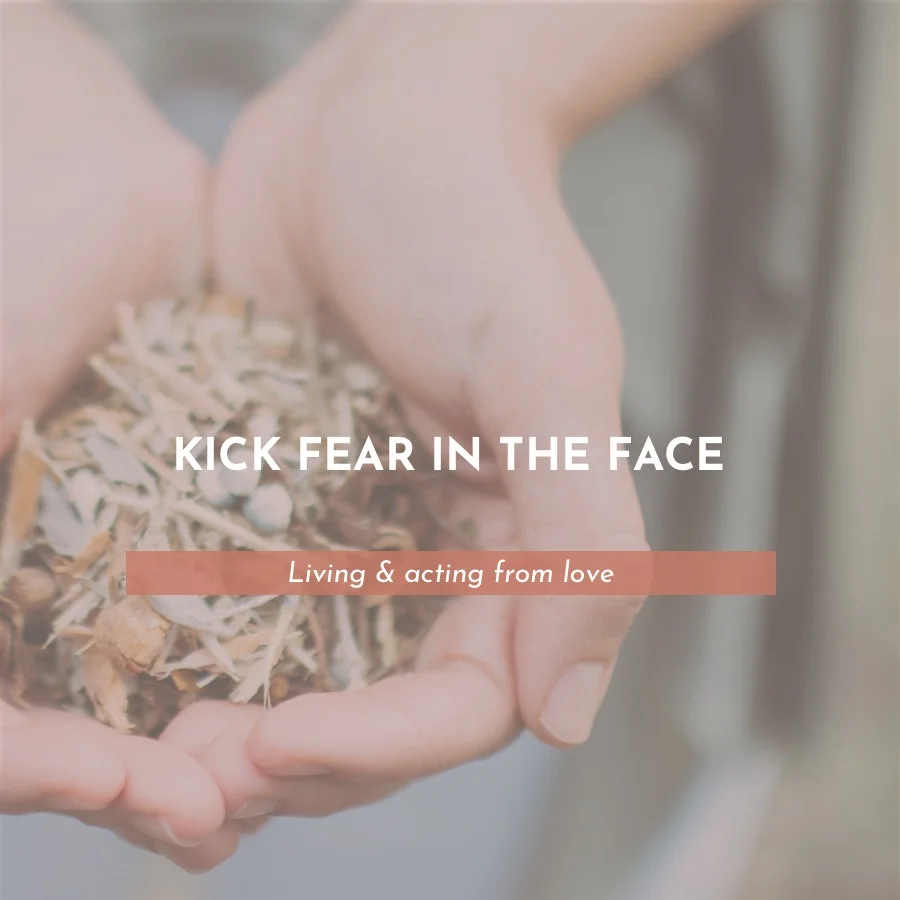How Do We "Show Up” in Montessori
“Courage starts with showing up and letting ourselves be seen.”
Brené Brown, "Daring Greatly: How the Courage to Be Vulnerable Transforms the Way We Live, Love, Parent, and Lead"
I have spent a fair amount of time hiding behind my various masks and not showing up in my life and in Montessori. It seems to be a trend in the world of education where the bar can be set really high. While I can’t speak for others, I know some of my reasons for not showing up were related to fear.
Fear of what more experienced teachers & mentors may think of me, my choices and my teaching style.
Fear of what parents may think about me, my choices and my teaching style.
Fear of what my colleagues & fellow teachers may think of me, my choices, my teaching style.
I spent a lot of energy worried about what others would think of me. I spent a lot of energy not being my true self. And by doing so, I missed out on a lot of opportunities.
Opportunities for real conversation with parents, colleagues and children.
Opportunities for real human connection over shared experiences & struggles.
Opportunities to empower parents, fellow teachers & children and to be empowered by them as well.
You may be wondering why I am sharing all of this with you.
I see this fear of showing up in the parent and school communities I work with. I see it in my 1-1 sessions and in my workshops. I see it in informal conversation and more structured meetings. I see that fear of judgement, fear of failure and fear of not being good enough prevent parents and educators from showing up.
How Do We "Show Up" in Montessori
I share some of my story here because I’ve learned that showing up is the one thing that we can do every single day. I also believe that if Dr. Montessori was on this earth, she would be all about this message. Because when we show up as our real, honest and true selves, we can be our best selves for our families, our children and our communities.
Showing up in Montessori may look like:
Meeting a child, parent or educator with empathy for where they are that day. Being there to listen without judgement, blame or shame.
Asking for help when we need it in lieu of resenting others or feeling negative emotions toward them.
Being honest with children when we are having a difficult moment. Bringing them in, trusting them and asking them to help with what is needed.
Being real with a colleague and speaking with them calmly, kindly and honestly instead of speaking about them.
Sharing our true self with children. Maybe that means having an impromptu dance party. Or maybe that means letting them know that we need a rest and they can play quietly.
Letting go of the need to be the perfect parent, Montessori guide or head of school.
Apologizing when we have harmed, wronged or hurt a child, our partner or a colleague.
Replacing moments of judgement & shame with empathy & mindful action.
Giving children the space & time to practice getting dressed on their own, squeeze an orange or play outside without rushing to the next thing. And being aware when control or stress come into the picture.
Working on our patience while also acknowledging that of course there will be times that we scream & yell and that’s ok because we are human.
Reminding ourselves that there is no perfect parent, teacher or “Montessorian” and that we are all doing our best with the awareness that we have.
Treating ourselves as kindly and compassionately as we treat others.
I’m not saying any of this is easy. But I do believe that showing up has the power to bring families and school communities together. And that by modeling this, we then give fellow parents, teachers and children permission to be their real, honest and true selves. And what is more powerful than that?
Keep well,
S











